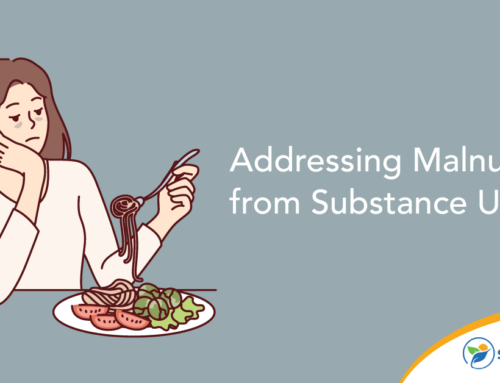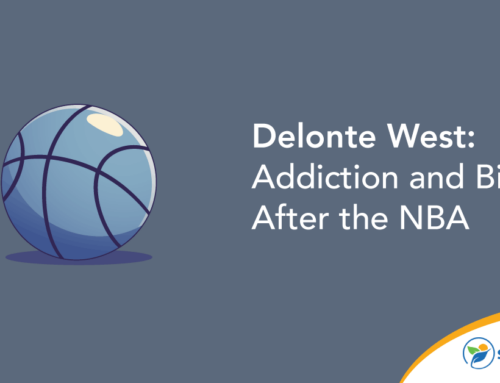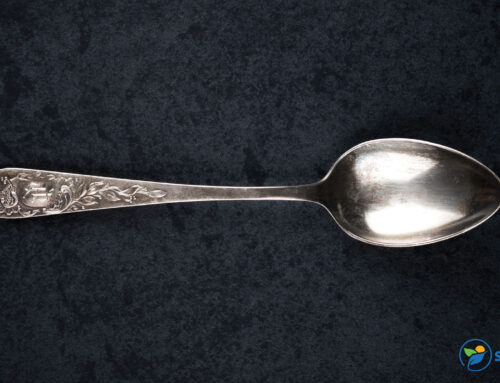Pill crushing is an incredibly common practice. Some studies show that almost 60 percent of people over the age of 60 experience difficulty swallowing pills and crushing the tablets makes them far easier to take. Even people who don’t struggle with swallowing tablets crush their medications, either to streamline the process or because they notice a more intense effect.
If you’ve seen someone crush medications, you’ve probably asked yourself, “Is it ok to crush pills?” After all, you’re still taking the same drugs, just changing how you deliver them. You may even consider mixing them with food or drinks to make the process even smoother.
However, not all medications are safe to crush. Doing so may decrease their effectiveness and/or could introduce certain risks to your health.
When a pill is safe to crush, there is actually a right and a wrong way to crush it. The below information contains some tips about how to use the correct approach.
It Matters How a Pill is Composed or Capsuled
Solid medications come in many different forms, each with a specific composition or capsule that allows them to achieve a certain effect. It isn’t always possible to tell if a tablet has a special coating or composition, but the following features may help you better determine which drugs may be safe to crush.
Controlled-Release
These medications slowly release medicine over time to limit the need for frequent administration. Usually, these drugs have brand names that begin or end in one of the following:
- CC: Coat core
- CD or CR: Controlled-delivery/release
- CR or CRT: Controlled-release
- DR or DA: Delayed-release/absorption
- ER, XR, XL, XT: Extended-release
- LA: Long acting
- PA: Prolonged-action
- SA: Sustained-action
- Slo- or SR: Slow release
- SSR: Sustained-release
- TD or TR: Time delay/release
Enteric Coating
Enteric coating covers certain pills to protect them from your stomach, protect your stomach from them, or enable the release of the drug in the intestines. These medications usually feature a prefix like “EC” or “EN.”
Taste Modifications
Some drugs are simply foul-tasting, discouraging many people from taking their medications. Experts solve this issue by coating the drugs in sugar or another appealing flavor. Common name additions for these are “SPT” and “TS.”
Hazardous
Under certain circumstances, some people take medications that are otherwise hazardous to their health. For example, some hormonal or chemotherapeutic options can cause tumor production with skin contact.
Irritant
Some medications can irritate the skin or gut lining. These drugs are usually marked with “IR” or “MMI.”
Does Crushing a Pill Make It Less Effective?
When you crush a pill, you are changing its delivery method. Depending on the composition of the medication, this can have drastically different results. Crushing pills with gastro-resistant layers usually leads to underdosing, minimizing the effects as the stomach acid destroys the medicine. Pill crushing can also expose the active ingredient to light, moisture, or food, which can reduce the effectiveness of the medicine.
Crushing Specific Compositions
Crushing taste-modified drugs is usually harmless, but allows their unpleasant taste to surface, making them even harder to take.
Tablets with enteric coatings are more likely to lose effectiveness after crushing. Depending on the medication, it’s also possible that the pill powder would affect your skin or stomach wall, causing problems like irritation or even ulcers.
Controlled-release medications are among the worst types of pills that you could crush. Because experts have designed these pills to slowly dissolve over time, they contain high doses of medicine. Crushing a controlled-release pill introduces the entirety of that drug into your system at once. The drug concentration will be extremely high initially, but then quickly drop. Not only would this lessen the long-term effectiveness but the initial high dosage also increases the risk of side effects and could be harmful, if not lethal.
Airborne Medicine Powder
Crushing a pill into a powder inevitably results in some of that powder becoming airborne. If the person handling the drugs breathes this powder in, it can cause significant problems. Mucosa irritation is the most common effect, but inhaling pill powder may encourage the formation of cancer. When a person who is pregnant inhales these substances, it can damage the embryo or fetus.
What Happens When You Chew a Pill
Chewing a pill causes basically the same issues as crushing it, though it also poses some unique risks of its own. Crushing a pill often means that you lose portions of the drug, which isn’t the case with chewing. For some medicines, this means that you gain an even higher initial dose. You also expose your mouth to irritants, leading to swelling, taste changes, ulcers, and bleeding.
Crushing Pills and Recreational Use
In addition to crushing medications to make them easier to swallow, it is also common to crush drugs to boost their effects for recreational use, especially after mixing with other products. While this practice is widespread, it is incredibly dangerous. Some of the most common targets for this are opioids and attention deficit hyperactivity disorder (ADHD) medications like amphetamines. Many versions of these drugs use extended-release compositions, meaning that crushing them leads to high initial doses.
The rapid release often intensifies their effects, including pain relief and euphoria. However, crushing these medications also increases the risks of dependency and addiction as the body quickly becomes accustomed to the intensity, requiring greater amounts to achieve the same effect. Additionally, the risk of side effects and overdose become far more common.
Some people will snort crushed medications in an attempt to overcome their tolerance. As touched on before, inhaling drug powder is dangerous in even small amounts. Snorting a medication that was not designed for it dramatically increases the chances of side effects.
Importance of Following Prescription Instructions
One of the best ways to protect yourself from the dangers of crushing pills is to simply follow the prescription instructions. Doing so will always be the safest choice. If you or someone you know struggles to swallow pills, there are other options available to you.
First, always speak with a medical professional about your concerns. Some medications are safe to crush and they can teach you the correct method. If your prescription is not safe to crush, they may be able to recommend or prescribe a medicine that is easier for you to take. This may include liquid or chewable medications. Another form of delivery, such as a suppository, is also an option.
Occasionally, you may receive a prescription for a drug that is scored, meaning you can halve or divide it. Make sure to only ever press along the dividing line and do not crush these medicines.
If you or someone you know has had issues with prescription medications or the crushing of pills, reach out to our experts at Sunlight Recovery. Our professionals are dedicated to helping you or your loved ones on the road to recovery. Find out how we can help you by calling (888) 402-3647 today.







